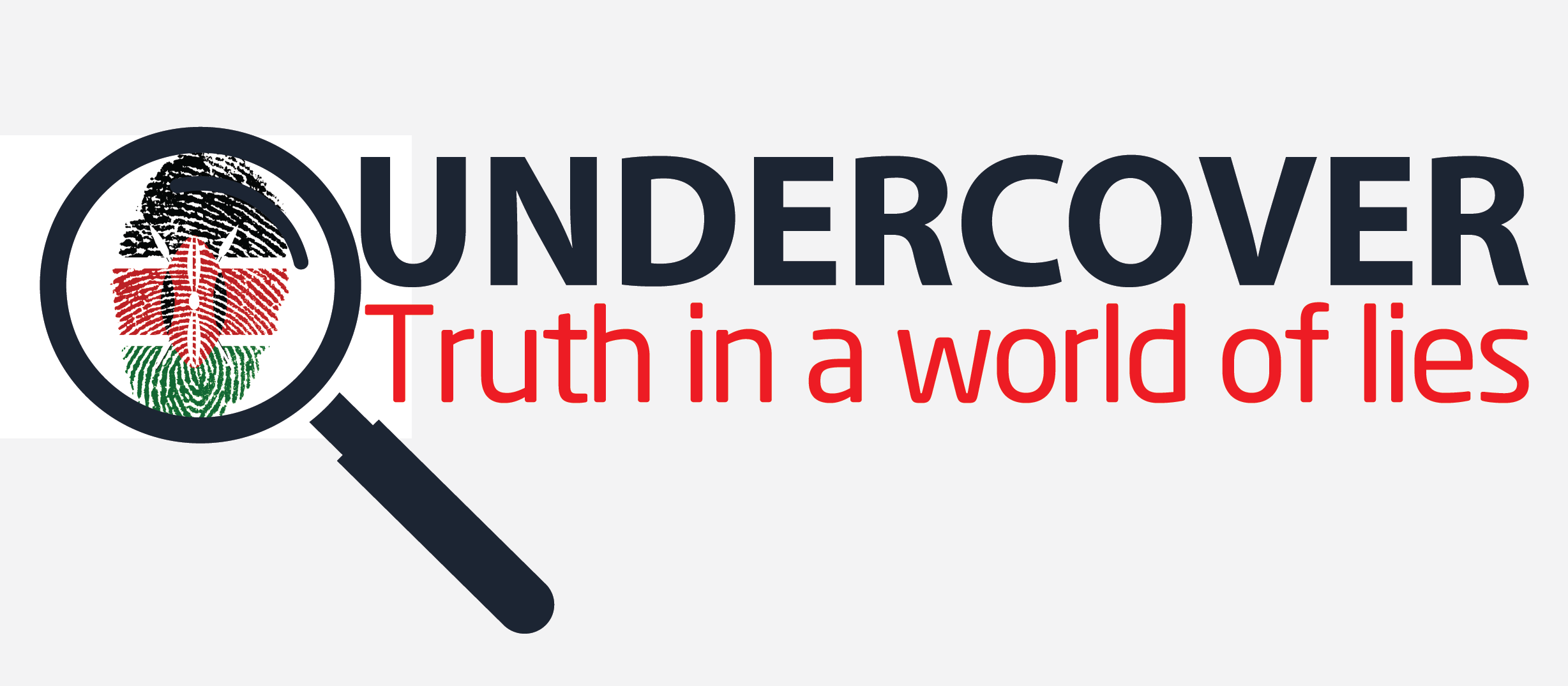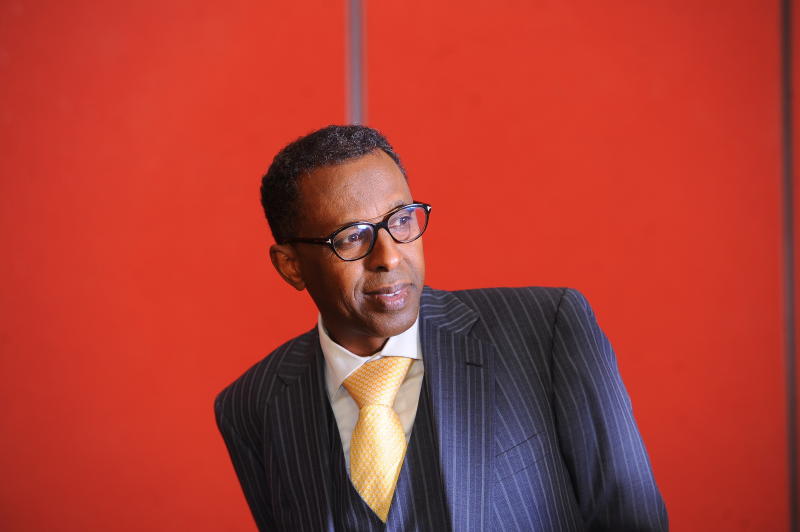You can become stinking rich via being the best in your profession-and charging a king’s ransom-like lawyer Ahmednasir’s Sh300 million for two week’s work
By GW Ngari
Editor-at-Large
The way millions are made appears to suggest there is no particular formula for financial success. But in the third installment in this series, we’ll look at arithmetic progression and resurrecting dead companies and breathing life into a money making machine like Ndirangu wa Maina did with Consumer Insight Ltd. Then there are also pyramid schemes which promise to multiply other people’s wealth faster than any other market option, you wonder why, if that’s the case, they want to include other people! Read on…
9. Arithmetic progression: The story of Naivas supermarkets
One problem with growth nestled in the family and one ethnic-thinking are the wrangles
Here, the entrepreneur turns the success of one thing, say a store, and opens more still, greatly aided by the law of geometric progression. But it requires time. The span it takes for a small business to grow organically into a true colossus of commerce is 35 years-basically a generation. Some illustrative ventures in Kenya include Naivas chain of supermarkets which grew by focusing on estates instead of opening at the heart of a major town. Growth nestled in the family has its problems including wrangles and Naivas have had theirs play out in the courts. Here too include Chandarana supermarket which was nestled in Parklands and other muhindi estates, but is now expanding to miro territories.
10. Resurrecting dead outfits like Ndirangu wa Maina
He has many hobbies but his favourite sport ‘is making money‘
Ndirangu wa Maina had reached the glass ceiling as Deputy MD of advertising giant McCann Erickson Kenya in 1998. His other colleagues, Gachago Philip and Rose Kimotho had quit to establish Gap Promotions and Regional Reach Ltd, respectively. So, Ndirangu took the MD out for lunch to break news of his imminent departure which was how he learnt McCann was selling its research division.
The ailing division earned income from commissioned research. Ndirangu, whose favourite sport ‘is making money’, sniffed an opportunity. He bought it for a sum he rarely discloses, but the deal also included taking the division’s van, driver and the secretary. The rest is a history of selling market research to banks, manufacturers and media companies.
Cons & Pyramid schemes of George Donde
Pyramid schemes rarely change, they only reemerge in variations
Con games and pyramid schemes have existed and will continue to exist as long as human beings are greedy and desire short cuts to riches. Pyramid schemes are also called Ponzi Schemes after the Italian-American swindler who separated suckers from their loot in 1920s America where his investment plot of multiplying investor money hit the headwinds. Schemers, as usual, make millions before disappearing. Like the late George Donde whose DECI pyramid scheme resulted in deaths.
Gullible Kenyans were shortly separated from their loot and the App deleted!
I wanna be rich: In 2007 alone, thousands of Kenyans lost their life savings, families were torn apart and lives ruined after several pyramid schemes sunk with an estimated Sh8 billion from over 140,000 investors in DECI, Global Entrepreneurship, Mont Blanc Afrique, Pesanet Ltd and Acid, according to a 2009 report by the Taskforce on pyramid schemes. But behind pyramid schemes are faces scheming for your hard earned cash the latest in Kenya was Amazon Web Worker, an online pyramid scheme which was offering 38 percent after seven days and gullible Kenyans were shortly separated from their loot and the App deleted!
Jane Musimbi, a retired banker, lost over Sh30 million in DECI where her brother worked as a financial controller
Jane Musimbi, a retired banker lost over Sh30 million in DECI where her brother Elphas Kimiywi worked as a financial controller. Irate investors threw him eight floors down when DECI went under with Sh2 billion from 94, 000 investors in 2007. Donde bolted and when some investors cornered him in Kiambu at the wee hours, he managed to dish out Sh20 million at gun point. He later died in 2012. But the money was never recovered.
He was jailed for 14 years when the law finally caught up with him. But the idea of paying the naïve on the ‘first to invest, first to be paid basis’… as the bottom half gets financially screwed, has never failed.
12. Profession: Ahmednassir charged Sh300 million for two week’s work
Charging what reads like kidney transplant fees
You can become stinking rich via being the best in your profession-and charging a king’s ransom. Like high baller lawyers Ahmednasir Abdullahi, Cecil Miller, James Kamau and Fred Ngatia- some of the most expensive legal hands in Kenya.
Ahmednasir, for instance, charged the Independent Electoral and Boundaries Commission (IEBC) Sh2.9 million a day for representing it for 14 days during the presidential petition in 2013. Total pay for Ahmednasir was Sh40 million which is not even what some Kenyans are paid as terminal dues after working for 30 years!
Jane Michuki is a high roller…her 9.5 per cent stake in Britam is valued at Sh5.4 billion!
Her hefty income enables her to play the stock market as a high roller at the Nairobi Securities Exchange where her 9.5 per cent stake in Britam is valued at Sh5.4 billion. She owns the Britam stake through owning 44.4 percent of investment vehicle Equity Holdings, the largest shareholder in Equity Bank-which her law firm advised before its listing in 2006.
In medicine, there is David Silverstein, eminent cardiologist. The late Bob Collymore spoke about spending Sh100, 000 on blood tests at Dr Silverstein’s clinic before he was diagnosed with cancer of the blood. He is the personal physician for the high and mighty who pay dearly for his services including retired President Daniel arap Moi and former Attorney General Charles Njonjo and which accounts for Dr Silverstein living his weekdays like a pasha in Lavington Nairobi and weekends at his Naivasha ranch.
In Part IV next Sunday: How governments, discoveries, inventions, sales and marketing made others filthy rich

